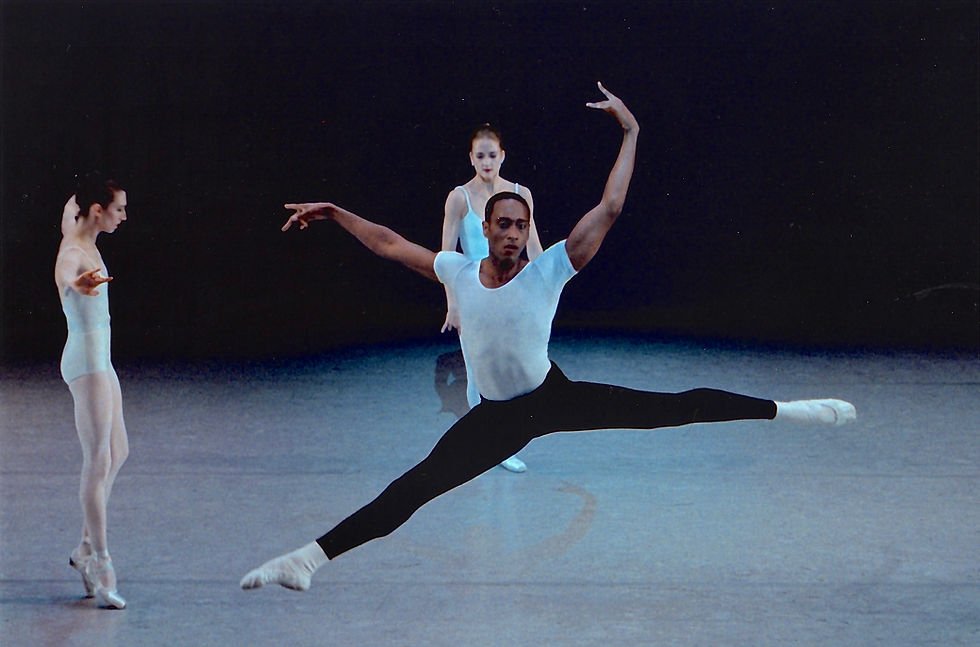Barbie
- Reverend James Squire
- Nov 22, 2023
- 3 min read

Photo by Elena Mishlanova
A few nights ago, over my protest, Vicki and I watched Barbie. In fact, we now own it because we hit the wrong button. First, don’t be fooled! This is not a children’s movie per se. It does have a blend of cartoon like scenes and lots of terrific dance sequences. The language itself is not usual conversation for children and neither are the themes ones that they encounter at a very young age. Margot Robbie and Ryan Gosling and all the Barbies that are paraded around would drive a psychologist crazy as they are a parade of the beautiful people with no concern for creating the ideal body image for kids. When have you heard words like “entendre” and “I don’t have a vagina. He doesn’t have a penis?” I was ok until one of the characters used the word “existential.”
Existentialism is one of the most complex philosophical/theological constructs that exists. Sartre is the father of modern-day existentialism. It is a system of thought that came about in response to the Depression in the thirties and the Second World War with the Holocaust. Sartre’s book, Being and Nothingness is two inches thick and was the primary text in a course I took at Berkeley at Yale. A short explanation doesn’t do it justice. In essence every person is responsible for being their own meaning maker. The emphasis is on the individual. You can also be a Christian, Islamic, or Jewish existentialist. It takes on some of the big themes about being a human being and being ethical in your life. The only thing that matters is living in the now. I taught it to my ethics students because it is the underlying philosophy/theology for bioethics. It supports individual decision making and not group decision making.
Every day is the same in Barbieland and every day is the best day ever. Barbie enters the real world and is confronted by all the problems that people there have including death. She wants to go back to Barbieland where everything is perfect. Ken leaves Barbieland where he is belittled and subject to a reverse form of sexism, but this is not a movie about feminism. He finds patriarchy in the real world with domination over women and loves it.
Barbie and Ken return to Barbieland, but become unhappy after experiencing the real world. Their lives are boring. It has the theme of “be careful what you pray for as you might get it.” Here is where a lot of the existentialist themes come rolling even faster through the narrative. They realize that there is a big world out there to explore. She wrestles with her desire to explore the real world, have different experiences, and DISCOVER HER TRUE PURPOSE AND TRUE SELF. She is unafraid of the challenges ahead. She meets an old woman who changes her view of aging and people who have cellulite. You don’t have aging and cellulite in Barbieland or feet that are flat as they are permanently fixed in position to fit into high heels.
The movie is about existential crisis in finding one’s true purpose in life. I am assuming that everyone knows what Margot Robbie and Ryan Gosling look like. Again, even at the end, body image is given little attention in a more direct way.
I could teach a section of ethics using this movie for its themes are important ones in life and death and individual responsibility where we are the meaning makers for our life.
Life is plastic, its fantastic. Or is it?
What would be interesting is to see and to listen to is how parents who take their children to this movie deal with all the hard questions and use of language such as: What’s an entendre? What’s a vagina? Why is the real land worse than Barbieland? What’s Existentialism?
Barbie has a final question which she raises that points to her choice regarding which land in which she chooses to live and why. You’ll have to watch it for the answer to that question. I don’t want to spoil the ending.
My last several blogs have unintentionally had the theme of not judging a book by its cover. I thought that I was going to see a children’s movie with light, fluffy children’s stuff. Contrary to what I thought, Ruth Handler, the creator of the movie, Barbie, is a person who raises some of the important questions in the universe. Who would have thought? Certainly, I didn’t!
Gosh, I wish I were still teaching ethics as I know that the movie would have my students fooled into seeing it as simplistic only to see it as an explanation of the difficult construct of Existentialism and Sartre’s secular view of the world and Kierkegaard’s Christian view of the world.
If you want a shorter version of these themes go to the second creation story in Genesis 2-3, the story of Adam and Eve thrown out of the Garden of Eden.




Comments